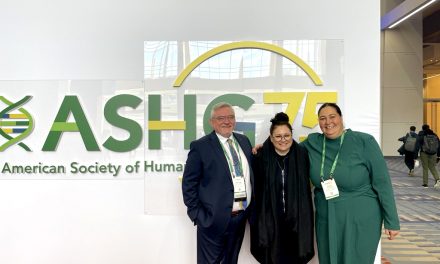QAIHC’s Research and Policy Division has again participated in consultations for the development of Queensland Health’s 10 Year Women and Girls’ Health Strategy, held on 30 May 2023. This strategy is one of a number under development by Queensland Health, with QAIHC ensuring Member perspectives are represented.
A Welcome to Country was offered by Indigenous cultural group Minjil to the Gimuy/Cairns homelands of the Yidinydji people.
The event was opened by Tricia Matthias, Executive Director, System Policy Branch, Strategy, Policy and Reform Division, Queensland Health. There was strong attendance from stakeholders across the sector and beyond, including representatives from Member services, health workers, general practitioners, registered nurses, nursing and midwifery union members, Hospital and Health Services (HHS), along with representatives from Queensland Health’s First Nations Health Office, researchers and others including an officer from Queensland’s Department of Premier and Cabinet.
Research Officer Lee Yeomans represented QAIHC at the workshop and highlighted the importance of ACCHOs as the preferred health care providers for Aboriginal and Torres Strait Islander women and girls, as well as the need for consistent and targeted funding to support culturally appropriate care.
Central themes raised included:
- Building trust with individuals and organisations.
- The centrality of culturally appropriate care – ACCHOs as leaders in providing culturally appropriate care for Aboriginal and Torres Strait Islander peoples.
- Building relationships between health providers and patients to support health literacy among individuals and communities.
- Need to build capacity in ACCHO staff and mentor youth coming into the workforce.
- The need for an upstream preventative focus for health promotion and health programs.
- Non-workability of multi-step referral systems for patients.
- Building real partnerships across departments and agencies to ensure continuity of care.
- Need for evaluation based on levels of engagement rather than immediate outcomes.
- Need for trauma informed care in specific areas of health including:
- Child protection
- Transition to adulthood
- Sexual health
- Mental Health and Social and Emotional Wellbeing
- Women’s health throughout the life-course.
Again, consistent, targeted funding was a key element for QAIHC Members.
A highlight from the workshop was a presentation from Dr Lea Merone from Cairns and Hinterland HHS about the overwhelmingly male focus of medicine, medical research and education, and the negative ways this impacts on the experiences of female patients.
Professor Gita Mishra provided an overview of evidence about Queensland women’s health from the Australian Longitudinal Study on Women’s Health, followed by multiple interactive sessions. Belinda Lewis, Director, System Policy Branch (Women’s Health), facilitated small roundtable discussions in hearing the voices and personal health stories of FNQ women and girls, along with their personal health care experiences, good and bad.
Stakeholders contributed to discussions around overarching goals, needs, and expectations for the new health strategy, followed by small group discussions about health priority action areas. Facilitators then grouped these contributions into themes and provided feedback to the broader group about priorities shared among stakeholders.
Next Steps: Facilitators undertook to provide participants with a summary of areas addressed in the workshop and to continue the consultation process for the development of the Queensland Women’s and Girls Health Strategy.











